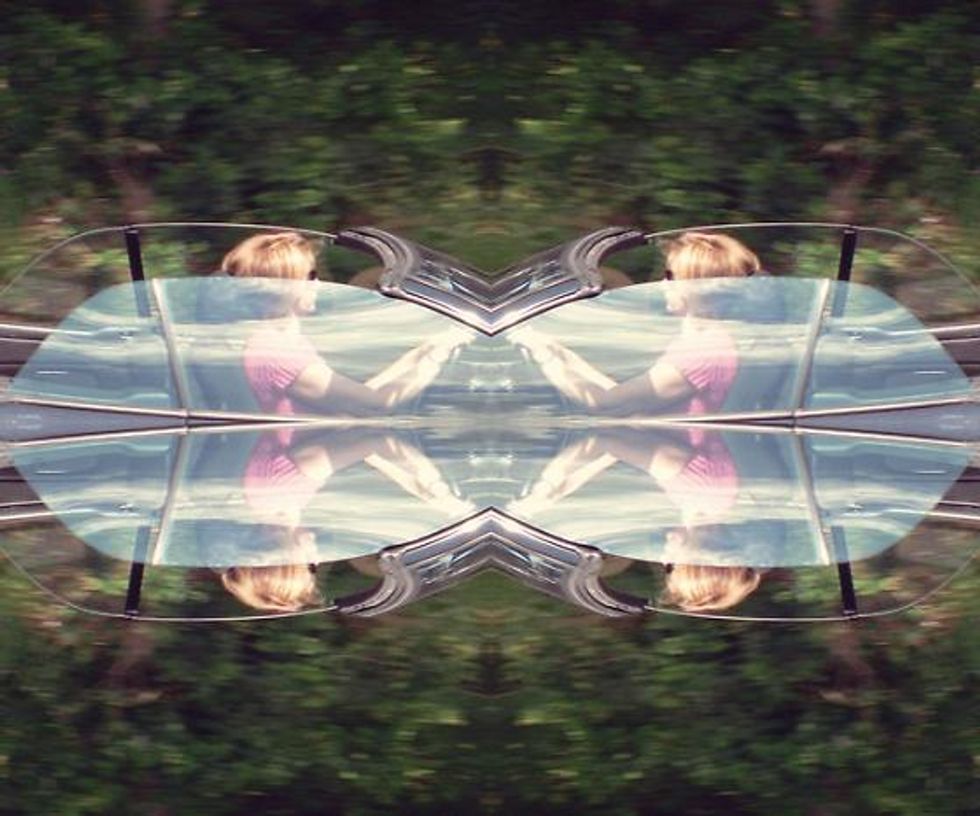This city of ours is phenomenally unique, and parking in this city of ours is a unique phenomenon. It’s an act that requires significant concentration and, on some days, can require cunning, and nearly transcendental calm.
Imagine what parking in San Francisco would be like if there were no parking restrictions, rules, laws, regulations, and consequences for not playing by the rules. Complete and utter chaos. Rules and regulations are essential for a society to get 505,000 vehicles into 448,000 publicly available spots several times every day. With over 105,000 parking restriction signs to obey and a hundred different possible parking violations for which one can receive a citation (and/or be towed), the more complex the task of parking becomes. The more complex that it becomes, the more anxious, frustrated, and stressed we become. And it is a well known fact that stress, little by little, diminishes our emotional and physical health.
This doesn’t just occur in our City, but in every metropolitan area, for one billion drivers, throughout each day, every day.
There’s a Zen koan that tells us that in life, there will be obstacles to our pursuit of happiness. And that ironically, these very obstacles are the path to happiness. And through dancing amidst the chaos, we can learn to cope. Or not. Another response to these obstacles, is that our primitive fear response is triggered in creating anger, frustration, and hopelessness. We want our needs met now. We want a parking place now. Once we have it, it’s like we’ve been in a fight. We triumphed finally, but it took a lot of our emotional resources (not to mention environmental resources). And, we are going to have to fight tomorrow too.
The 20th century model of parking is not a dynamic relationship because when the struggle is over, the conditions of the situation don’t change. It will be the very same anxiety producing struggle the day after, and the day after that.
The 20th century method of parking in San Francisco goes like this: half a million people driving to a destination, circling around and around to find one spot…”their” spot. The problem is that there are always many other people competing for that same spot. Frustration is built into it. Primitive. And the solutions are equally primitive: human reactivity under stress, natural selection, and random order. The ones with better skill sets, more aggression, or better luck, snag the spot first, leaving the others literally driving in circles with mounting frustration. A built in system where we see our fellow humans as the competition. It’s predictable. This will happen every day. One billion drivers, 1/7 of the planet feeling frustrated and resenting others simply based on their existence every day.
That’s the best that we had to offer…making the machines, and the roads and the buildings was our triumph. But now, we are faced with the effect: a predictably frustrating and anxiety producing experience. Why? Because nobody in the system could see the entire system all at once. And each participant can see only their own subjective reality, one block at a time.
The systems being developed and implemented co-operatively by SFPark, VoicePark, and others make it possible for the entire parking grid, every single spot, to be seen at once by everyone in real-time. Collective consciousness of the larger picture, while also solving everyone’s individual need simultaneously…guiding each and every person looking for parking, by voice, to the absolute closest available parking spot in under a minute.
It’s not only an intelligent system, but also fits the definition for a conscious system. My understanding of a conscious relationship or system is one composed of inter-subjective realities, with all parties being aware not only of their own reality, perceptions, and experience, but also the subjective reality of others’, along with awareness of the larger common goal. Everyone all at the same time, having their individual needs met, collectively.
Everybody gets what they individually want…incredibly quickly and efficiently. Emotional resources are saved, environmental resources are saved, money is saved, and time is saved, all while the stress and anxiety is removed. And I look at this with awe. Everybody’s needs are met without the struggle, frustration, or anxiety…something that takes years of practice and spiritual discipline to bring to a fruition. Instant good parking karma, reliably, whenever you need it.
David LaBua is the author of Finding the Sweet Spot, founder of VoicePark, the world’s first turn-by-turn voice-guided complete mobile parking system, and a leader in the sustainable urban mobility movement.





















